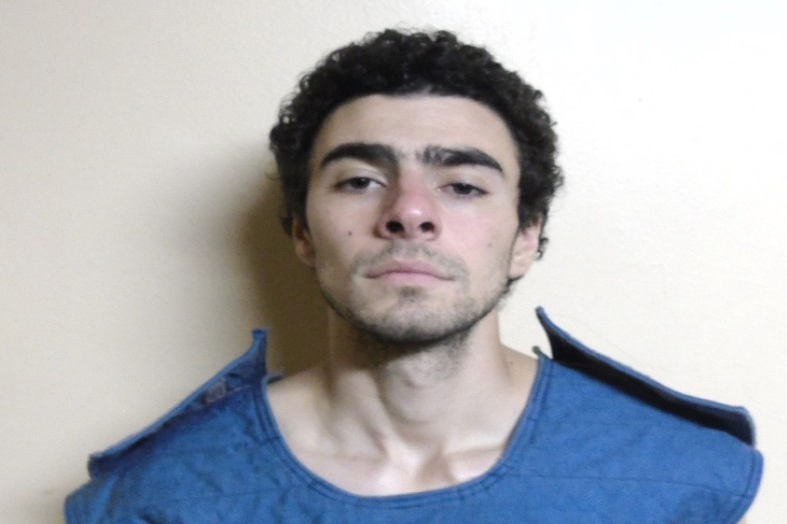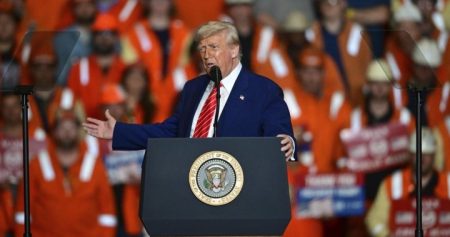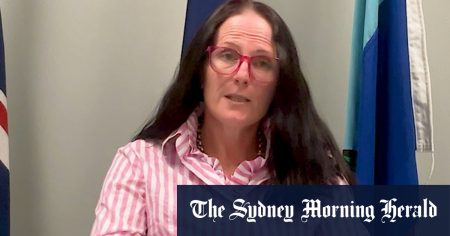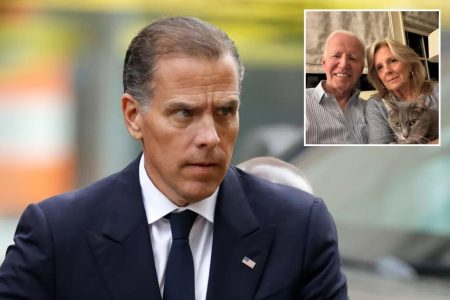The case of Luigi Mangione, a 26-year-old charged with the murder of UnitedHealthcare CEO Brian Thompson, has taken a peculiar turn with the emergence of a crowdfunding campaign for his legal defense. While over $45,000 has been raised on GiveSendGo, Mangione’s attorney, Thomas Dickey, has expressed uncertainty about accepting the funds. The platform hosting the fundraiser has stated that if Mangione declines the donations, the money will be redirected to support other individuals they classify as “U.S. political prisoners.” This ambiguous term has raised eyebrows and further fueled the already complex narrative surrounding the case. The GiveSendGo page attempts to distance itself from condoning violence, emphasizing their belief in the constitutional right to legal representation while simultaneously supporting an individual accused of a violent crime. This juxtaposition underscores the unusual nature of the situation and the potentially controversial implications of labeling Mangione’s alleged actions as politically motivated.
The shooting of Brian Thompson, 50, took place outside a Hilton hotel in Midtown Manhattan on December 4th. Mangione was subsequently apprehended at a McDonald’s in Altoona, Pennsylvania, and now faces charges of second-degree murder in New York, along with additional gun and fraud charges in Pennsylvania. Dickey maintains his client’s innocence and intends to plead not guilty, challenging the extradition request from New York. This legal strategy further complicates the already intricate legal proceedings, setting the stage for a protracted legal battle that will likely involve jurisdictional disputes and extensive evidentiary examination. The case has attracted significant media attention, particularly given the high-profile nature of the victim and the emerging narrative surrounding Mangione’s perceived motivations.
The GiveSendGo campaign, framed around the concept of supporting a “political prisoner,” adds another layer of complexity to the case. The term “political prisoner” typically refers to individuals detained for their political beliefs or actions. While rarely used within the context of the U.S. due to constitutionally protected freedoms, the term has been adopted by some to describe individuals perceived as challenging established power structures or perceived corruption. In this instance, Mangione’s supporters appear to be framing his alleged actions within the context of a struggle against perceived corruption within the healthcare industry. This framing, coupled with the uncertainty surrounding the acceptance of the raised funds, highlights the unusual and potentially controversial nature of the crowdfunding effort.
The reaction to the fundraiser and the characterization of Mangione as a “political prisoner” has drawn strong criticism, particularly from Manhattan District Attorney Alvin Bragg. Bragg denounced the celebration of the alleged murder as “abhorrent,” emphasizing the devastating impact of such violence on victims’ families. This stark contrast in perspectives highlights the polarizing nature of the case and the ethical implications of glorifying violence, regardless of the perceived motivations. The tension between freedom of speech and the responsible use of such freedoms is central to this debate, as is the potential for misinformation and manipulation within the increasingly complex landscape of online fundraising and social media activism.
The legal proceedings in the case are ongoing, with Mangione currently held without bail at the Huntingdon State Correctional Institution in Pennsylvania. He is contesting extradition to New York, a process that could significantly prolong the legal proceedings. The NYPD has presented evidence linking Mangione to the crime scene, including fingerprint matches and a 3D-printed gun that allegedly matches shell casings found at the scene. These developments further complicate the narrative surrounding the case, raising questions about the potential motivations and premeditation involved in the alleged crime. Dickey, however, continues to assert his client’s innocence, emphasizing the prosecution’s burden of proof and the need for a thorough and impartial legal process.
As the case progresses, the focus will likely shift to the evidentiary examination and the legal arguments surrounding Mangione’s extradition and potential trial. The controversy surrounding the crowdfunding campaign and the “political prisoner” narrative will likely continue to fuel public debate and media scrutiny. The District Attorney’s office has indicated the possibility of additional charges as the investigation unfolds, adding another layer of complexity to an already intricate case. The intersection of legal proceedings, online fundraising, and the politically charged narratives surrounding the healthcare industry makes this case a significant and potentially precedent-setting development in the evolving landscape of criminal justice and public discourse.










